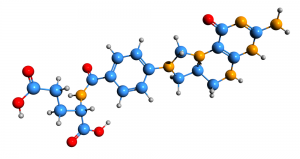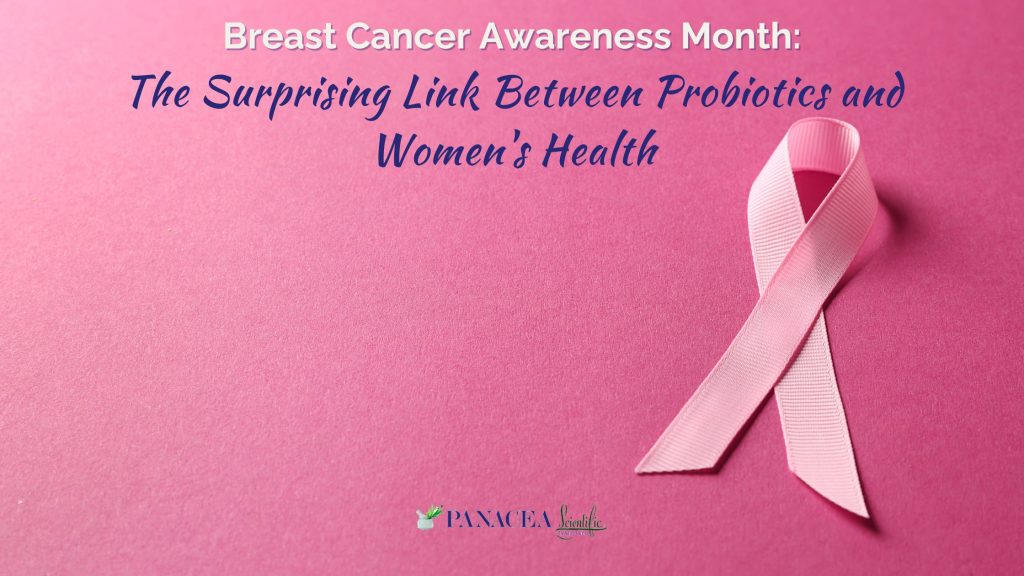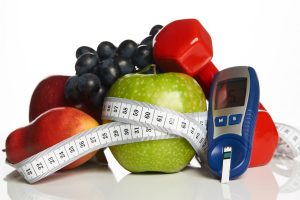
What Are Metabolic Pathways?
If you’re trying to lose weight, then you’ve probably been thinking about your metabolism lately. For most people, metabolism refers to the process by which

October is widely recognized as Breast Cancer Awareness Month, a time dedicated to promoting research advancements and sharing vital information about this pervasive disease. While discussions predominantly focus on prevention, treatment options, and survivor support, emerging research points toward an unexpected ally in both breast cancer care and prevention—probiotics.
Understanding Probiotics
Probiotics are live bacteria and yeasts known for their beneficial properties, particularly in maintaining gut health. Often referred to as “good” bacteria, these organisms help keep your gut healthy by balancing microbial flora.
The Gut Health and Breast Cancer Connection
The human gut hosts a complex community of bacteria, viruses, and fungi collectively known as the microbiome. The condition of an individual’s microbiome plays a crucial role in regulating immune and inflammatory responses. Research suggests that a healthy gut microbiome influences overall health, and its imbalance may contribute to various diseases, including cancer.
Notably, chronic inflammation has been linked to cancer progression. By managing inflammation, probiotics may lessen the environmental triggers within the body that promote the development and proliferation of cancer cells.
Probiotics and Estrogen Metabolism
Breast cancer, particularly hormone-receptor-positive types, is often associated with the body’s estrogen levels. Estrobolome, a collection of bacteria in the gut microbiome, produces an enzyme critical in metabolizing estrogen. An imbalance in this microbiome segment can lead to elevated estrogen levels, potentially heightening breast cancer risk.
Probiotics help maintain a healthy estrobolome by promoting an overall balance of good gut bacteria. They also aid in enhancing gut barrier function and reducing inflammation, which impacts estrobolome activity and overall hormonal balance.
Clinical Evidence and Forward Directions
Although this field of research is still under rigorous study, it opens promising avenues for dietary interventions as part of a holistic approach to cancer prevention and management. Some clinical trials have shown that probiotics reduce chemotherapy’s side effects and enhance quality of life for cancer patients. This occurs by improving intestinal microbiota composition. Moreover, researchers are exploring whether probiotics influence the effectiveness of anti-cancer drugs, potentially reducing drug resistance and enhancing treatment efficacy.
Resources such as ClinicalTrials.gov and professional organizations dedicated to breast cancer research can be consulted for more information on these topics.
Incorporating probiotics into your diet can be a valuable part of maintaining overall health and, as research suggests, may play a role in managing risks associated with breast cancer.
Consider adding naturally fermented foods rich in probiotics, such as yogurt, kefir, sauerkraut, and kimchi, to your diet. High-quality supplements are available for an effective, more convenient way to bolster your probiotic intake. Look for strains such as Lactobacillus and Bifidobacterium, which are well-researched and have a proven track record for health benefits. Before making changes to your diet or taking new supplements, it’s always best to consult with a healthcare provider, especially if you have underlying health conditions or are on medications. They can provide guidance and insights specific to your health needs.
Breast Cancer Awareness Month serves as a poignant reminder of the strides we’ve made in cancer care and the innovations on the horizon. Probiotics offer a fascinating insight into how integral our gut health is to our overall well-being. For support on your wellness journey, contact us at Panacea Scientific.

If you’re trying to lose weight, then you’ve probably been thinking about your metabolism lately. For most people, metabolism refers to the process by which

If you suffer from diabetes, you’ve probably been given all the warnings about how important it is to keep your blood sugar in check. But,

It’s no secret that the forecast can affect your mood. But for some, the fall and winter months trigger seasonal affective disorder, a depression that

Payment types accepted:
Visa/MC/Discover/ American Express
© Copyright Panacea Scientific 2020. All rights reserved. | Website by Infinite Web Designs